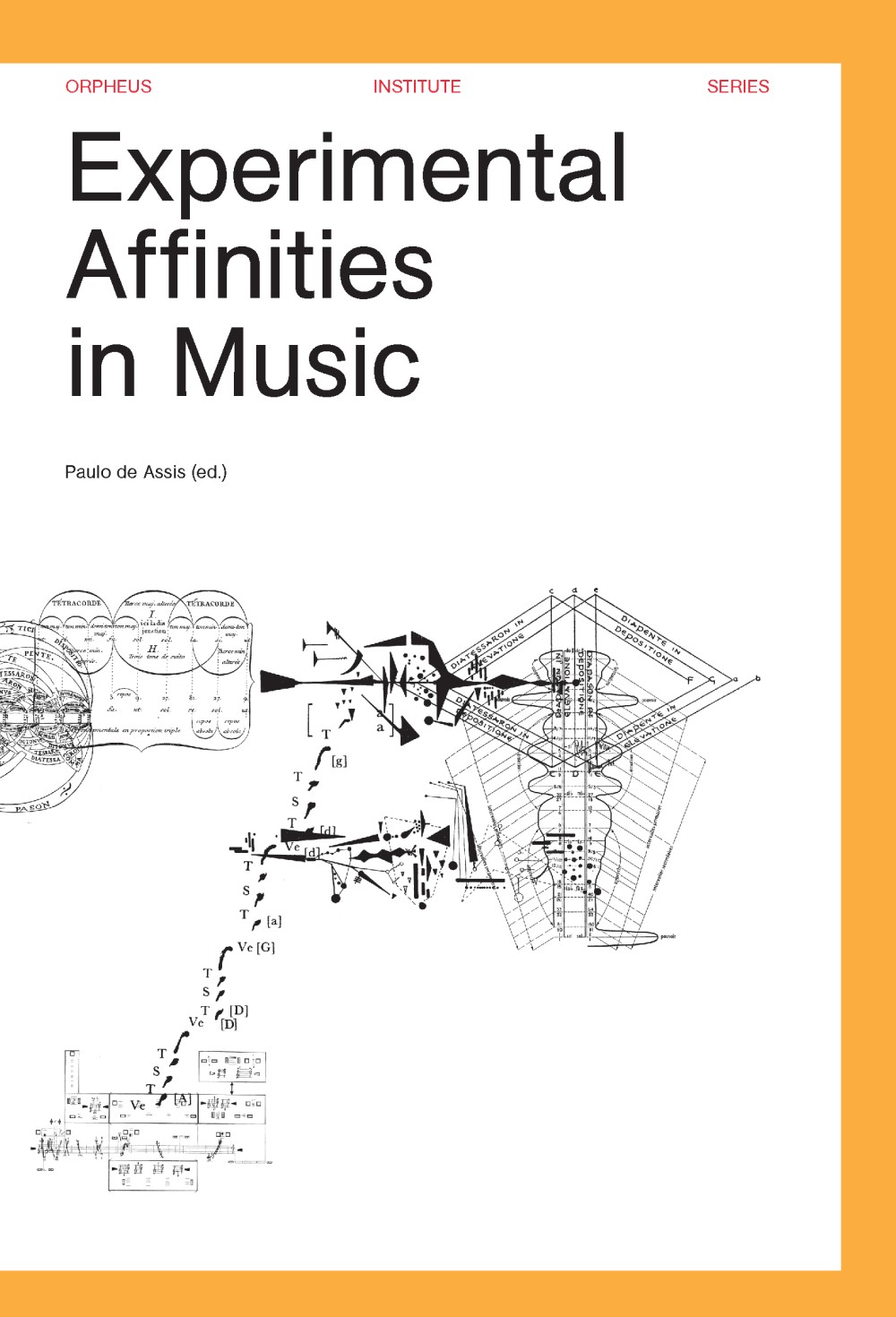
Experimental Affinities in Music
- Author(s)Paulo de Assis (ed.)
- Publication year2015
- SeriesOrpheus Institute Series
- CodeISBN 9789462700611
- Price€ 45,00
Order publication Download publication
Exploring experimental attitudes in music
Experimental Affinities in Music brings together diverse artistic, musicological, historical, and philosophical essays, enhancing a broad discourse on artistic experimentation, and exploring various experimental attitudes in music composed between the thirteenth and twentieth centuries.
The golden thread running through the different chapters is the quest for inherently experimental musical practices, a quest pursued from interrogating, descriptive, or challenging perspectives, and always in relation to concrete music examples.
Experimental is taken as an adventurous compositional, interpretive, or performative attitude that can cut across different ages and styles. Affinitiessuggest connectors and connections, convergences, contiguities, and adjacencies that are found in and through a diversity of approaches and topics.
The texts share a common genesis: the lectures of the International Orpheus Academies for Music and Theory convened by Luk Vaes (2011) and Paulo de Assis (2012, 2013). The affinities found in this volume include essays by Lydia Goehr, Felix Diergarten, Mark Lindley, Martin Kirnbauer, Edward Wickham, Lawrence Kramer, Hermann Danuser, and Thomas Christensen, as well as interviews with pianist Leon Fleisher, with pianist-composer Frederic Rzewski, and with composer Helmut Lachenmann.
Available as Open Access publication
Download (.pdf)
Contributors
Paulo de Assis (Orpheus Institute, Ghent), Thomas Christensen (University of Chicago), Hermann Danuser (Humboldt University), Felix Diergarten (Schola Cantorum Basiliensis), Leon Fleisher (pianist), Lydia Goehr (Columbia University), Martin Kirnbauer (University of Basel), Lawrence Kramer (Fordham University), Helmut Lachenmann (composer), Mark Lindley (University of Hyderabad), Frederic Rzewski (pianist-composer), Luk Vaes (Orpheus Institute, Ghent), Edward Wickham (St Catharine’s College, Cambridge)
With support from
The research leading to these results has received funding from the European Research Council under the European Union's Seventh Framework Programme (FP7/2007-2013) / ERC grant agreement n° 313419.


